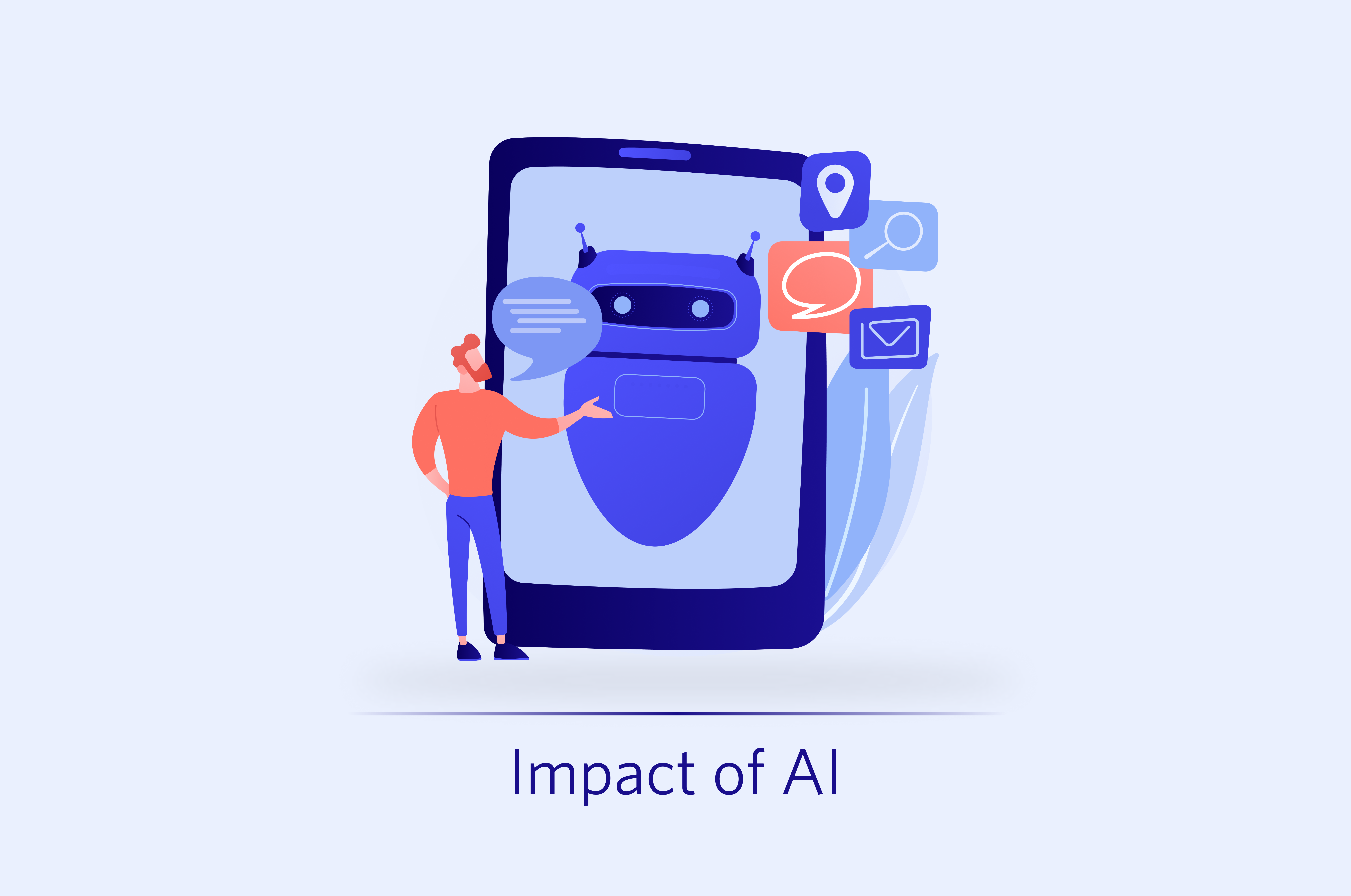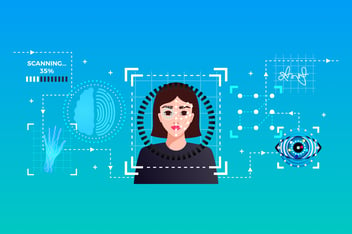What Is Artificial Intelligence? A Brief Introduction
Artificial intelligence (AI) is the creation of computer systems that can do tasks that normally require human intelligence such as speech recognition, image/text comprehension, decision-making, and problem-solving. AI is a field that combines knowledge from several disciplines such as computer science, engineering, and psychology to construct computers that can learn and perform tasks autonomously. AI is being utilized to improve efficiency, accuracy, and user experience in a variety of industries including healthcare, banking, and transportation. The ultimate goal of AI is to construct machines that can learn, adapt and think like humans and in some cases even surpass human intellect.
There are multiple ways to categorize different types of artificial intelligence. The first category is determined by what the AI discovers through its observations. This subset referred to as machine learning can learn in an unsupervised or supervised manner. Supervised learning is where a human trainer provides feedback to the AI as it learns. Unsupervised learning is where the AI is left to learn from its own observations. Another classification is based on the AI's ability to interact with its surroundings. In this area, the AI may be able to use sensors or gather data from other sources such as the Internet.
According to a Forbes Insights report, sales increased significantly for 70% of businesses utilizing predictive analytics to improve customer experience (CX). This demonstrates how AI-powered solutions have the ability to increase customer loyalty and satisfaction while also fostering corporate growth.
How Can Artificial Intelligence (AI) Improve Customer Service?
Automating Customer Service: One of the most obvious ways artificial intelligence can improve the customer experience is by automating routine tasks that would otherwise necessitate human interaction. A customer service representative, for example, could use AI to automatically answer common questions or schedule appointments. The representative would be able to provide more personalized service as a result of this. Naturally, artificial intelligence requires a record of the customer's preferences to ensure that the agent does not attempt to do something unexpected or inappropriate.
AI-Enhanced Shopping: Artificial intelligence can provide a number of advantages to online shopping, particularly those involving predictive analysis. Customers can use applications that predict which products will appeal to them, a service that traditional retailers struggle to provide. It is also possible to predict the popularity of products based on trends, such as determining which products sell the most. This would allow online retailers to fine-tune their product catalogs so that customers purchase the correct products.
Predictive personalization enhancing CX: Predictive personalization is a technique for improving customer experience (CX) that involves analyzing customer data to predict their needs and providing personalized recommendations and solutions. It has the potential to increase customer satisfaction, relevance, engagement, and communication. Businesses can provide a more seamless and satisfying experience by understanding customer preferences and behaviors resulting in increased customer loyalty and revenue.
AI-powered chatbots and virtual assistants: Chatbots and virtual assistants have significantly improved the customer experience. They have transformed the way businesses communicate with their customers by offering quick, efficient, and hassle-free assistance.
Chatbots can reduce response time and handle high volumes of inquiries by automating responses to customer queries, which is especially useful for businesses dealing with customer complaints. This improves customer satisfaction and retention because customers can get the assistance they require right away.
AI-powered virtual assistants also assist businesses in more effectively distributing content across multiple channels, ensuring that it reaches the intended audience. Facebook's Messenger Bot, for example, engages shoppers in simple conversations to help them find what they're looking for. Machine learning can be used to incorporate profitable lead-generation marketing strategies.
Visual, voice, and text engagements: Companies are turning to AI-powered visual, voice, and text engagement technologies to provide fast, personalized, and hassle-free support to their customers as customer experience becomes an increasingly important aspect of business success. Companies can gain valuable insights into their customer's needs and preferences by analyzing emotions and sentiments in various types of communication.
Facial expression analysis, for example, is used in visual engagement technology to interpret emotions in face-to-face and video chat conversations. This technology is augmented by voice biometrics and nuances found in vocal cords and phone call modulations, which allow for a more in-depth understanding of customer emotions.
Conclusion
AI has transformed how businesses interact with their customers, with AI-powered customer journey analytics playing a significant role. Businesses can personalize experiences, offer relevant product recommendations, and resolve issues quickly by analyzing massive amounts of customer data. AI-assisted routine task automation improves response times and accuracy while saving time and resources. Furthermore, AI can assist in the identification of new markets and niches, thereby providing opportunities for growth. Companies that use AI are more likely to gain a competitive advantage and improve customer satisfaction, as well as streamline operations and increase efficiency.




